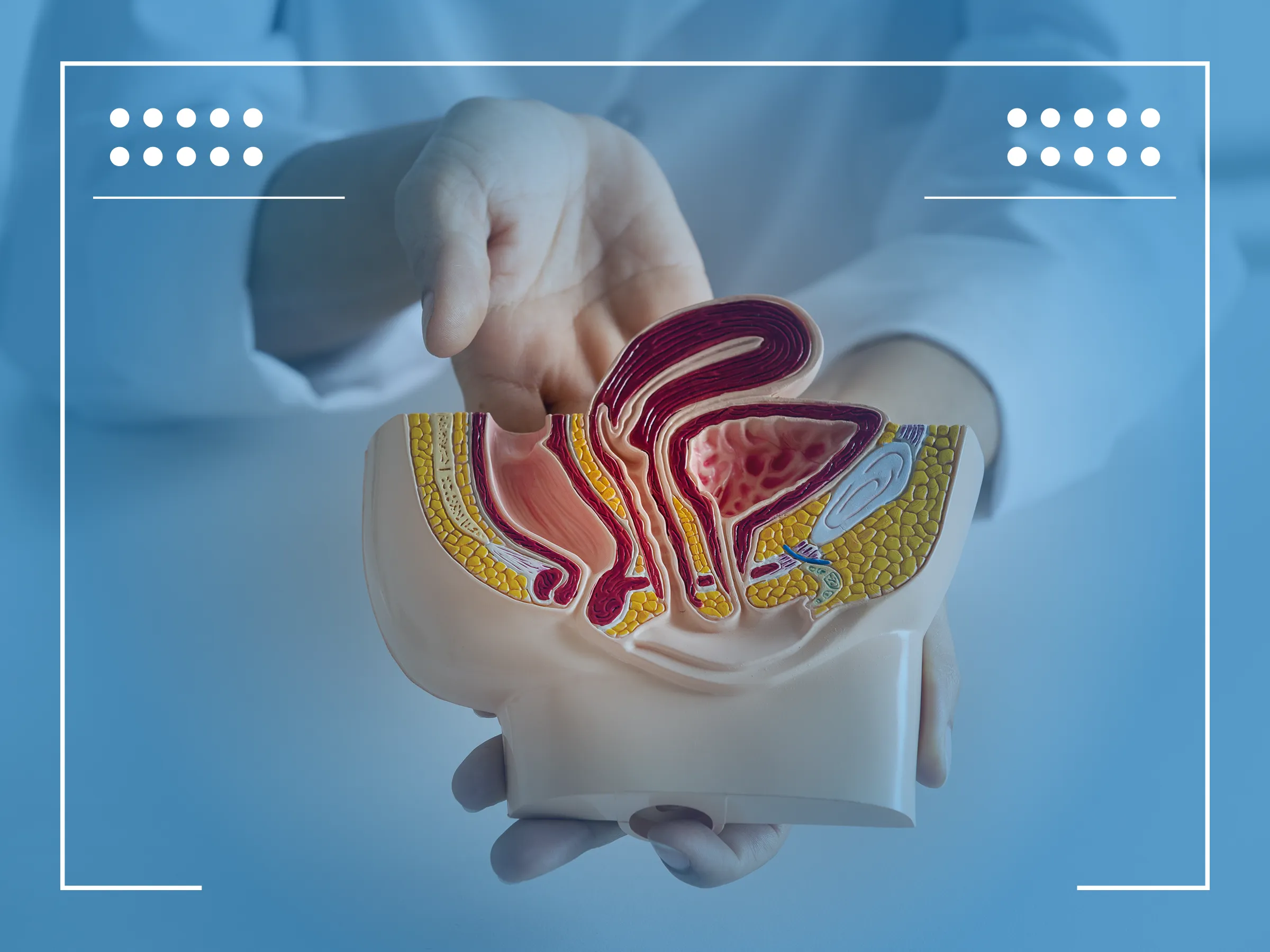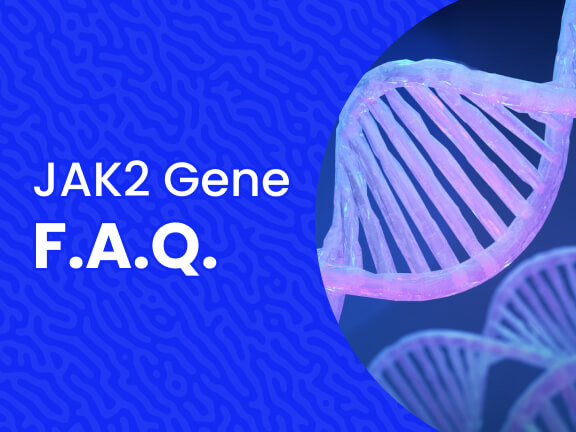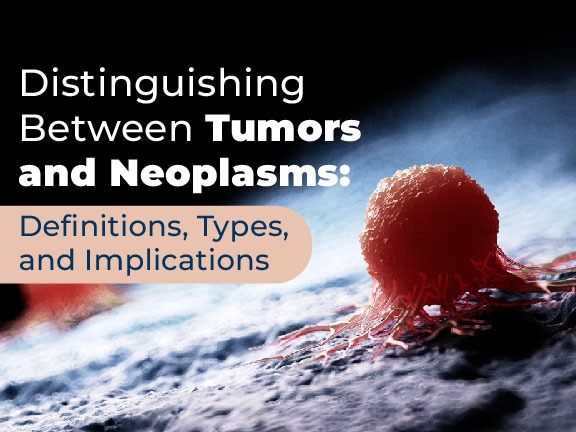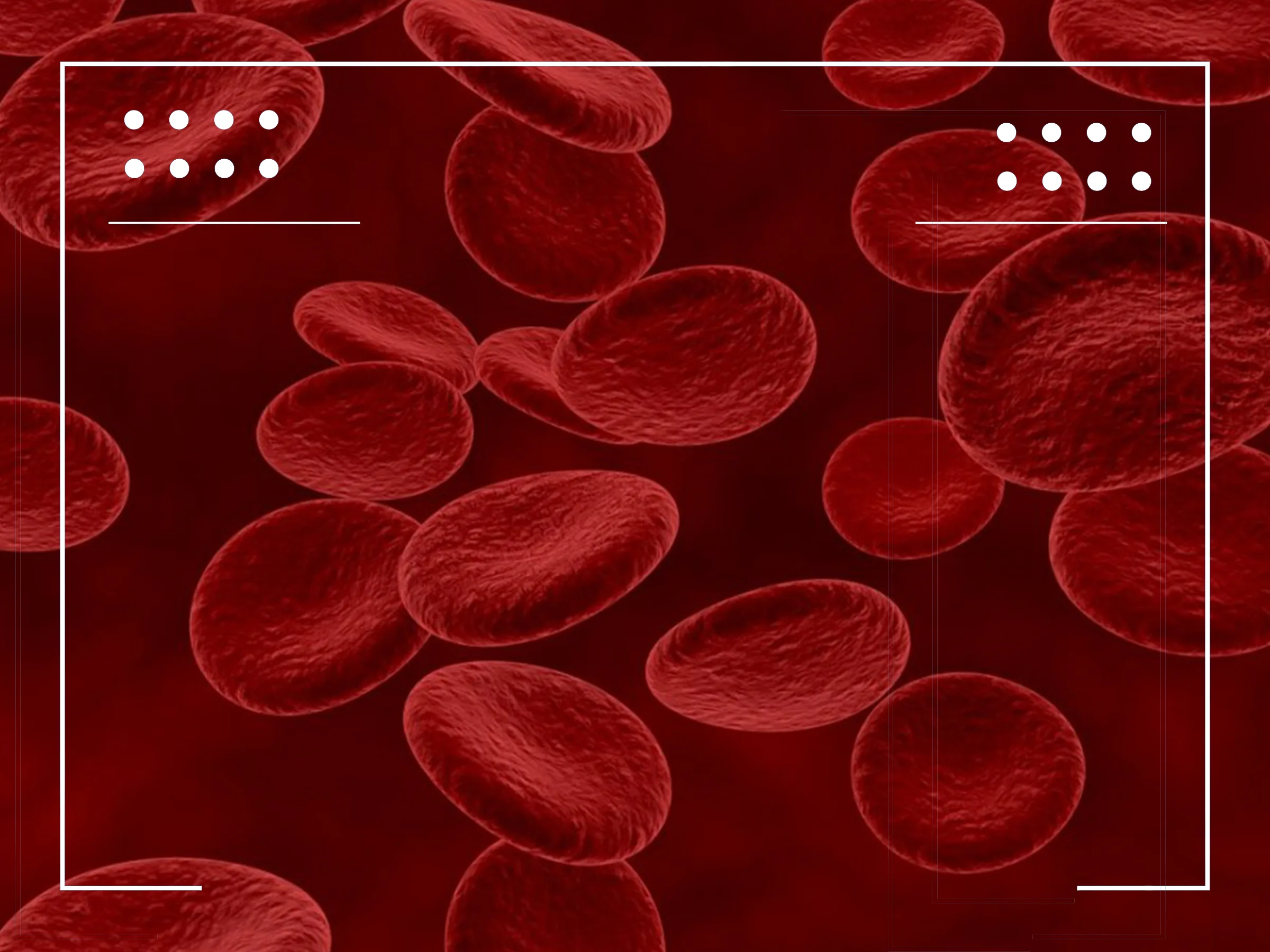Lung cancer treatment has evolved significantly in recent years, bringing new hope to patients. Traditional approaches like surgery, chemotherapy, and radiation therapy continue to be the mainstay of treatment, especially for non-small cell lung cancer (NSCLC). However, advancements in targeted therapy and immunotherapy have opened new avenues.
Lung cancer treatment strategies vary depending on the stage and type of the lung cancer, as well as the overall health and preferences of the patient. In early stages, surgical removal of the tumor can be highly effective. In more advanced cases, where surgery is not an option, a combination of chemotherapy and radiation therapy may be used.
Targeted therapies specifically attack cancer cells with certain mutations, while immunotherapy boosts the body’s immune response against cancer. These treatments are often more effective and have fewer side effects compared to conventional methods, and they have significantly improved survival rates for many lung cancer patients.Recently, the role of personalized medicine in treatment of lung cancer has become increasingly important. This approach involves genetic testing of the tumor to identify specific mutations and choose treatments that are most likely to be effective. This personalized strategy has led to better outcomes and a more tailored approach to patient care.
How Long Can You Live with Lung Cancer with Treatment?
The prognosis of lung cancer has significantly improved with advancements in treatment for lung cancer, but the question remains: how long can one live with this condition after receiving treatment? To understand this, it’s crucial to explore how to treat lung cancer and the factors influencing survival rates.
When discussing what is the treatment for lung cancer, it’s essential to consider the stage of cancer. In stage 4, the cancer has spread beyond the lungs, making treatment more challenging. However, new therapies like immunotherapy have shown promising results in extending survival and improving the quality of life.
Traditionally, chemotherapy has been a cornerstone in lung cancer treatment. It involves the use of drugs to kill cancer cells or stop their growth. Alongside chemotherapy, radiation therapy is frequently employed, especially in cases where tumors cannot be surgically removed. The European Society for Medical Oncology (ESMO) provides comprehensive ESMO guidelines that help in determining the best course of treatment based on the latest research.
Targeted therapy has emerged as a critical component in the treatment arsenal. Unlike traditional cancer chemotherapy, targeted therapy attacks specific genes or proteins that contribute to cancer’s growth and survival. This precision makes it an effective option for certain types of lung cancer.
For advanced cases, particularly when the cancer is locally advanced, treatment becomes more complex. Here, the treatment algorithm may involve a combination of therapies, including surgery, radiation, and chemotherapy. The radiation treatment for locally advanced lung cancer aims to reduce the tumor size and alleviate symptoms.
In exploring treatment options for lung cancer, it’s imperative to focus on individualized care. Each patient’s condition is unique, requiring a tailored approach based on their specific needs and the characteristics of their cancer.
In conclusion, while the survival rate for lung cancer has improved, it’s challenging to predict how long someone can live with the disease. Factors like the stage of cancer, overall health, and response to treatment play crucial roles. With continuous advancements in treatment methods, there is growing hope for extending both the quantity and quality of life for lung cancer patients.












